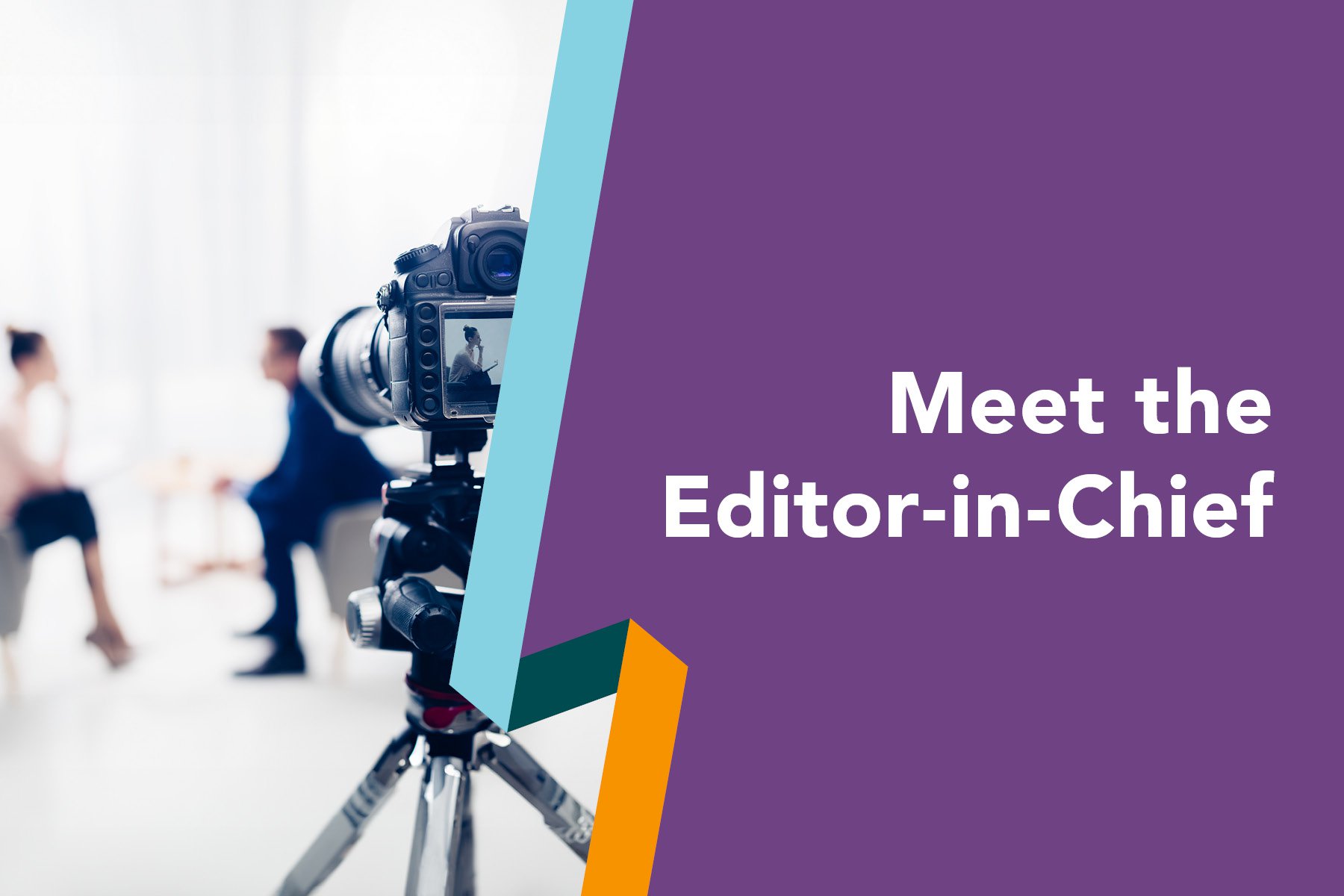Open Access is on our minds every day, but Open Access Week is a great time to take stock of developments worldwide and our own path to open. In that context, it’s worth considering what it means for us at Karger to be “open for Open” – and why we’re not simply “Open.”
The State of OA
The world evolves – and so does Karger. We have made huge, tangible strides toward Open Access and Open Science, but the global situation remains complex. Where a few years ago, a transition to Gold Open Access (paying Article Processing Charges, or APCs, to make articles free to read, share and reuse) looked like it might be more dominant, some recent discussions and policies highlight more potential diversity in approaches and needs. This is intensified by the increasing recognition that no road to Open Access should leave researchers behind just because they lack funds to cover APCs.
The publishing industry has seen interest in Gold Open Access via Open Access or hybrid journals (subscription journals in which individual articles can be OA), often powered by Transformative Agreements – but it comes alongside demand for Green Open Access (sharing articles in a repository), which is based on the subscription model. We respect the different needs of our library, researcher, funder and other communities around the world, and we strive to serve and fulfill the needs of each.
Because of these disparate needs, we remain firmly “open for Open” – committed to carrying out and trying various approaches to Open Access. A transformation to Open should prove equitable and lastingly sustainable for us and our communities. That means multi-pronged efforts: expanding our portfolio of Open Access journals, piloting Subscribe to Open (a model that enables barrier-free access and publishing), offering APC vouchers, generous and flexible Green Open Access policies to comply with mandates, waiving APCs for authors based on their location or situation, Diamond Open Access via our Partner Publications, and collaborating with institutions on flexible Transformative Agreements (which cover both subscription access and publishing costs for the institution’s authors).
Read, Publish, and Outreach
This Open Access Week, we’re especially excited to announce an extension of a Transformative Agreement with UK-based Jisc, in a region that has also been proactively working toward an optimal path to OA. The agreement means Jisc member institutions can ensure Open Access for the Version of Record by covering their authors’ APCs, while still benefiting from unlimited access to subscription content.
A world first, Karger’s outreach team is also offering an option for authors from participating Jisc institutions to summarize research findings in easy-to-understand language and engaging visual, audio, or animated formats, making them easily digestible for the broader public, policy makers, or anyone who isn’t a specialized scientist.
These formats – such as short 3D animations, podcasts, and magazine-style articles get widely disseminated and promoted via social media, ensuring an extended science footprint and consistent branding for the institution. Research impact isn’t just about an impact factor or any other number, but about truly maximizing its use for society and creating trust in science.
A New Journal, More Open Access
Earlier this year, we launched Immune System – a brand-new Karger OA journal in immunology and allergy. It features Open Access original research and reviews reporting on translational and clinical studies. It is a broad scope journal encompassing all the field of immunology, specifically welcoming intra- and interdisciplinary research on Environmental Immunology, Immunomics, Immunotherapy. Learn more about the editors-in-chief Dr. Larenz Linnemann and Prof. Florent Ginhoux and their vision for the newly founded journal.
To see what else we’re doing, follow our Open Access Week posts on social media. And in the full spirit of open, reach out to us with any questions on Open Access and Open Science, so we can keep advancing together.






Comments
Share your opinion with us and leave a comment below!